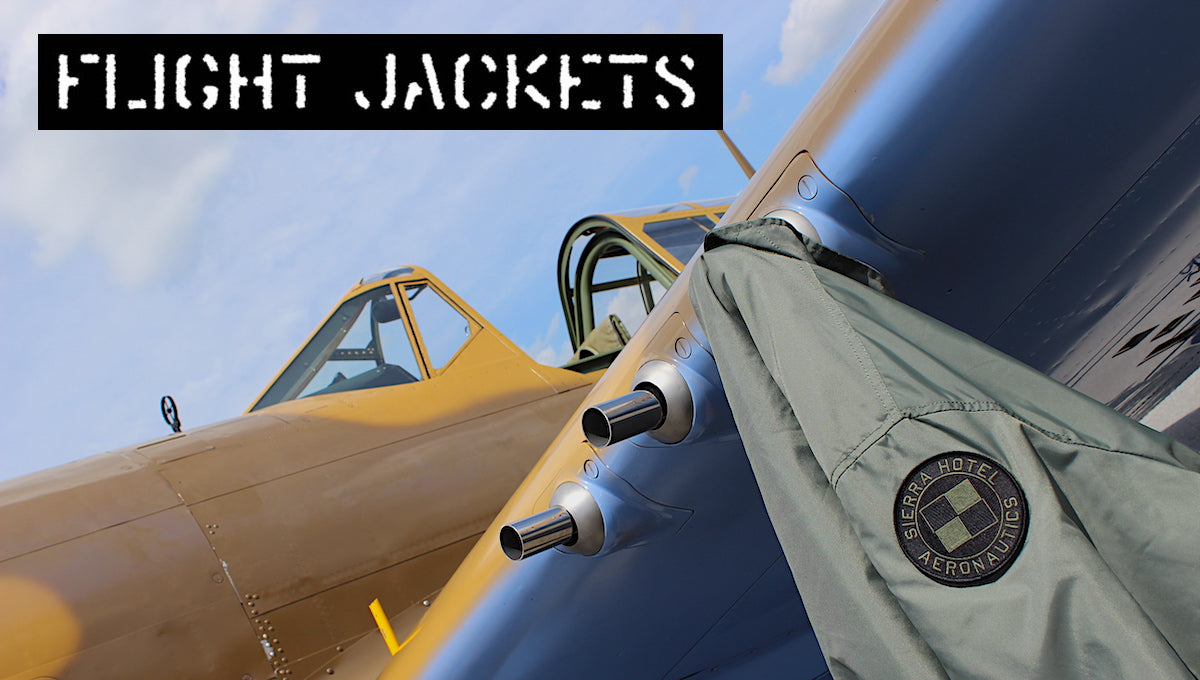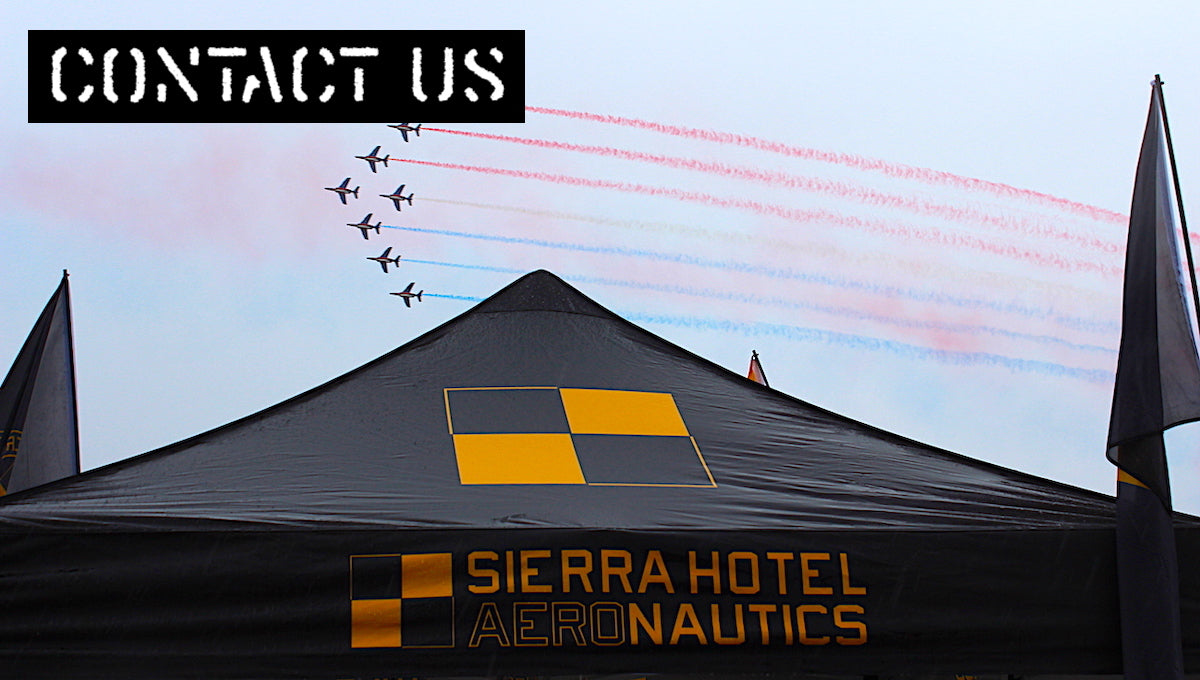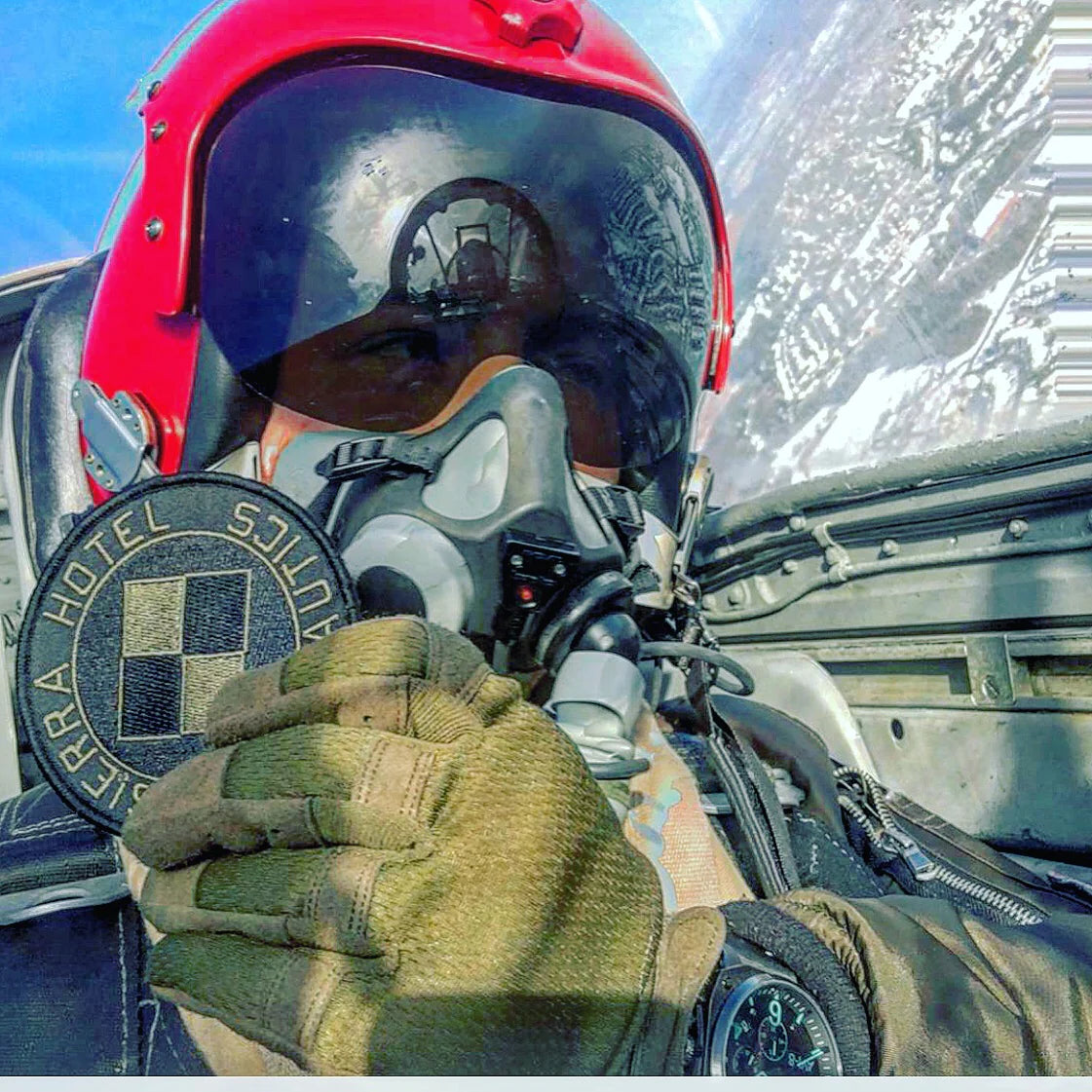Hindenburg Disaster

.
May 6th - 1937, at 7:25 p.m. local time, the German passenger airship LZ 129 Hindenburg caught fire and was destroyed during its attempt to dock with its mooring mast at the Lakehurst Naval Air Station, which is located adjacent to the borough of Lakehurst, New Jersey.
.
 .
.Where the fire started is unknown; several witnesses on the port side saw yellow-red flames first jump forward of the top fin, around the vent of cell 4. Other witnesses on the port side noted the fire actually began just ahead of the horizontal port fin, only then followed by flames in front of the upper fin. One, with views of the starboard side, saw flames beginning lower and farther aft, near cell 1. No. 2 Helmsman Helmut Lau also testified seeing the flames spreading from cell 4 into starboard.

Although there were five newsreel cameramen and at least one spectator known to be filming the landing, no camera was rolling when the fire started.
Wherever it did start, the flames quickly spread forward. Instantly, a water tank and a fuel tank burst out of the hull due to the shock of the blast. This shock also caused a crack behind the passenger decks, and the rear of the structure imploded. Buoyancy was lost on the stern of the ship, and the bow lurched upwards as the falling stern stayed in trim.
.

The time it took for the airship to be destroyed has been disputed. Some observers believe it took 34 seconds, others say it took 32 or 37 seconds. Since none of the newsreel cameras were filming the airship when the fire started, the time of the start can only be estimated from various eyewitness accounts. One careful analysis of the flame spread by Addison Bain of NASA gives the flame front spread rate across the fabric skin as about 49 ft/s, which would have resulted in a total destruction time of about 16 seconds.
.

Herbert Morrison's recorded radio eyewitness report from the landing field, which was broadcast the next day.
"It's practically standing still now they've dropped ropes out of the nose of the ship; and (uh) they've been taken ahold of down on the field by a number of men. It's starting to rain again; it's... the rain had (uh) slacked up a little bit. The back motors of the ship are just holding it (uh) just enough to keep it from...It's burst into flames! Get this, Charlie; get this, Charlie! It's fire... and it's crashing! It's crashing terrible! Oh, my! Get out of the way, please! It's burning and bursting into flames and the... and it's falling on the mooring mast. And all the folks agree that this is terrible; this is the worst of the worst catastrophes in the world. [indecipherable] its flames... Crashing, oh! Four- or five-hundred feet into the sky and it... it's a terrific crash, ladies and gentlemen.
.

.
It's smoke, and it's in flames now; and the frame is crashing to the ground, not quite to the mooring mast. Oh, the humanity! And all the passengers screaming around here. I told you; it—I can't even talk to people, their friends are on there! Ah! It's... it... it's a... ah! I... I can't talk, ladies and gentlemen. Honest: it's just laying there, mass of smoking wreckage. Ah! And everybody can hardly breathe and talk and the screaming. I... I... I'm sorry. Honest: I... I can hardly breathe. I... I'm going to step inside, where I cannot see it. Charlie, that's terrible. Ah, ah... I can't. Listen, folks; I... I'm gonna have to stop for a minute because [indecipherable] I've lost my voice. This is the worst thing I've ever witnessed."













Leave a comment